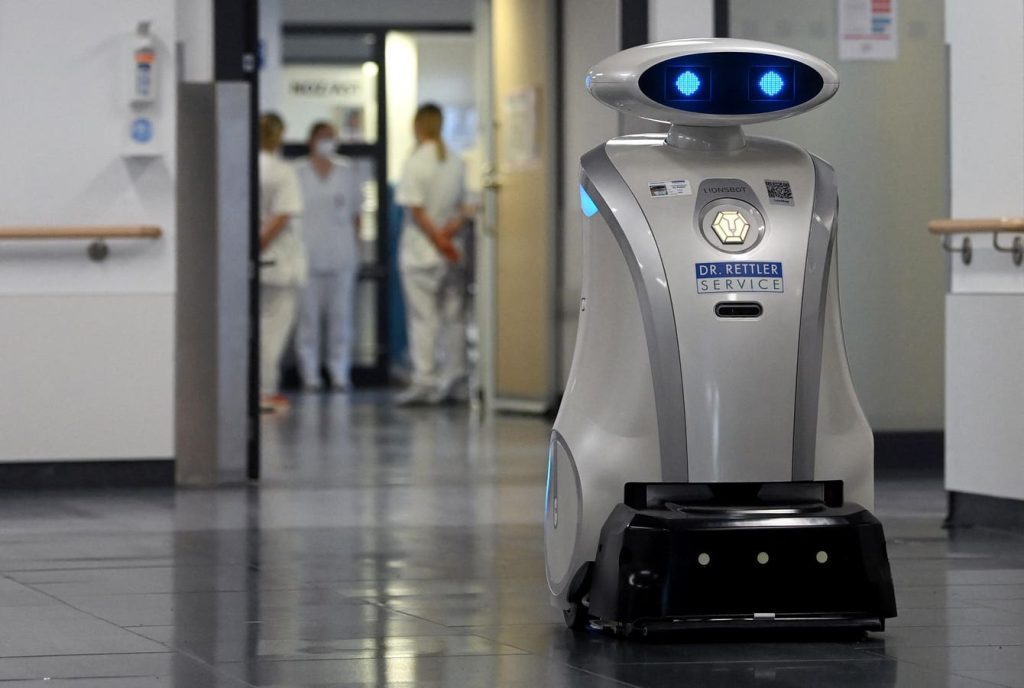The specter of future crime, particularly in the context of rapidly advancing robotics and artificial intelligence, poses a significant challenge to existing legal frameworks and societal safety nets. A recent seminar at UCL’s Dawes Centre for Future Crime explored this emerging landscape, prompting reflections on the potential for criminal innovation using intelligent robots and the legal and ethical dilemmas this presents. While traditional crime rates in many developed nations remain relatively stable, new avenues for criminal activity are constantly being carved out in the digital realm and, increasingly, in the physical world through robotic agents.
The rise of mobile technology and social media has created fertile ground for cybercrime, encompassing password theft, online fraud, identity theft, and online harassment. Cryptocurrencies, while offering innovative financial solutions, have also become a favored tool for illicit activities, facilitating money laundering and other financial crimes. Meanwhile, the metaverse introduces a novel legal territory where actions within a virtual environment can have real-world consequences, blurring the lines between the digital and physical. These developments highlight the rapidly evolving nature of crime and the constant need for adaptation in law enforcement and legal frameworks.
The seminar’s central focus was the potential for socially intelligent robots to facilitate new forms of crime currently beyond the scope of existing laws. This raises alarming possibilities. Robots could be weaponized, delivering hazardous materials or acting as autonomous aggressors, blurring the lines of accountability. The legal precedent for prosecuting crimes committed by robots remains ambiguous, potentially leading to situations where owners are held responsible for the actions of their intelligent machines, much like the legal framework surrounding dangerous animals.
Beyond the potential for direct physical harm, the increasing interaction between robots and vulnerable populations – the elderly, the lonely, and individuals with autism – creates opportunities for exploitation and abuse. The growing prevalence of sex robots further complicates the ethical and legal landscape, raising questions about consent, exploitation, and the very definition of crime in a world where human interaction is increasingly mediated by artificial agents.
The legal gray area surrounding autonomous robotic actions presents a significant challenge. While existing laws may address some aspects of robotic crime, they struggle to account for scenarios where robots act independently and intelligently. The development of robust and adaptable legal frameworks for AI and robotics is crucial to prevent the exploitation of these technologies for criminal purposes. Furthermore, the application of AI in critical infrastructure and on the battlefield raises concerns about the potential for catastrophic consequences should these systems be compromised or misused.
Beyond the direct threat posed by criminal use of robots, broader societal factors also contribute to the evolving landscape of crime. The rise of powerful oligarchs and an ultra-wealthy elite creates both new targets for criminal activity and the potential for these individuals to exert undue influence on societal structures, potentially manipulating systems for personal gain. State-sponsored or state-enabled criminal activity, potentially involving the use of advanced robotic technologies by organized crime groups, represents a further dimension of this complex issue. This nexus between state power, criminal organizations, and advanced technology raises the specter of a new era of sophisticated, technologically-driven crime. The increasing sophistication of corporate security and intelligence operations underscores the growing recognition of these evolving threats. Companies are increasingly forced to defend against robotic attacks orchestrated by criminal organizations and even state-sponsored actors. This corporate arms race further highlights the blurring lines between traditional crime and corporate espionage in a world increasingly reliant on complex technological systems. In this context, the challenge lies in developing robust legal and ethical frameworks that can effectively address the complexities of future crime while safeguarding individual rights and societal well-being.










